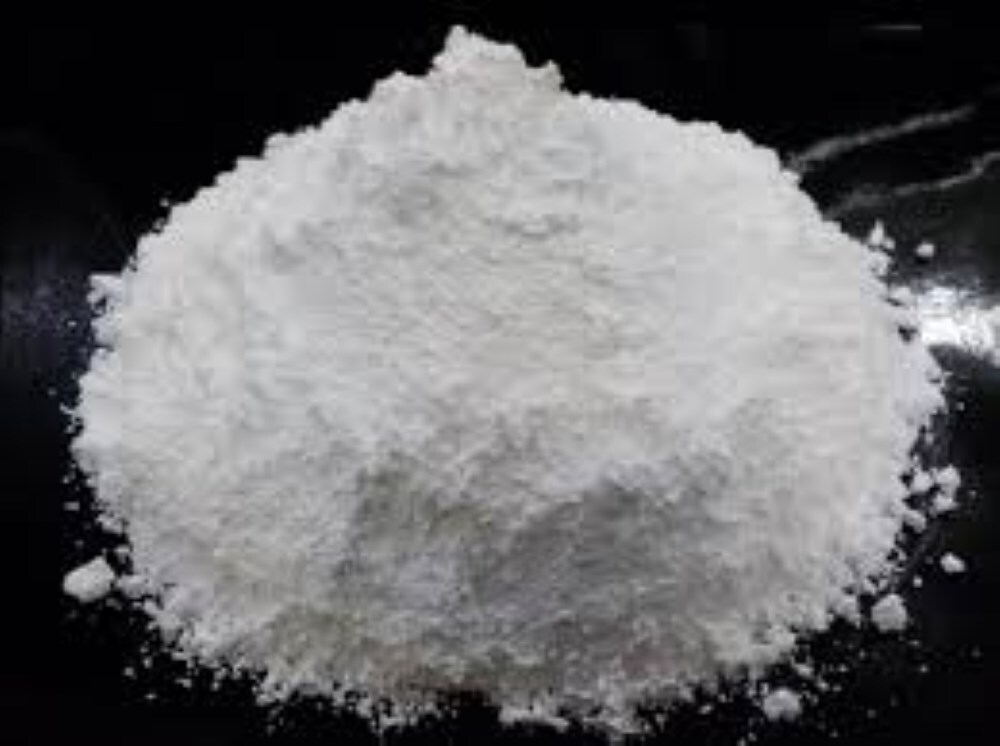

Andromeda Metals, a fast-growing South Australian company aiming to become The Great White Mineral Company, has unveiled its scoping study on the patented high-purity alumina (HPA) process. The study reveals impressive market-leading economics, with effective utilisation of kaolin feedstock sourced from the Great White project in South Australia.

The company kicked off the study after conducting tests affirming its low-carbon process, successfully achieving an impressive HPA purity of 99.9985 per cent from the Great White kaolin ore reserve, which boasts a total of 15.1 million tonnes.
The study outlined a plan for a processing plant aimed at producing 10,000 dry tonnes of HPA each year, using 30,000 tonnes of kaolin annually. The production is set to kick off at 2,500 tonnes per annum in the first year, with an increase of 2,500 tonnes each year until it reaches full capacity by the fourth year.
Cost projection
The HPA project is projected to bring in a net present value of USD 1.48 billion before taxes and USD 1.01 billion after taxes, with estimated pre-production capital costs sitting at USD 155 million. The study showcases an impressive capital intensity of AUD 15,459 (USD 9,894) for each tonne of HPA capacity.
The firm estimates its operating costs to be around AUD 4,718 (USD 3,020) per tonne, excluding the sales of amorphous silicate by-products, indicating costs significantly lower than many other global processes that have been reported.
The study further highlights an impressive product margin of 85 per cent, which works out to about AUD 26,532 (USD 16,980) per tonne, based on some conservative pricing estimates of AUD 31,250 (USD 20,000) per tonne.
To more into the global alumina market, read the report “Global Bauxite and Alumina Industry Outlook 2025”
HPA leaders' outlook & funding
Sarah Clarke, Chief Executive Officer at Global HPA Leader Andromeda, stated, "The production of HPA is a high-value growth opportunity which will be complementary to the high-quality kaolin products produced from the Great White project and would see our product range extend into critical minerals."
The scoping study is a crucial step in moving the HPA project forward, showcasing its potential to create significant value for Andromeda and its shareholders. Clarke further stated that the company is looking to adopt a funding strategy that blends both debt and equity. They also plan to tap into available government grants and incentives to help drive the development of the HPA project.
She added, "Our board and management team have a strong track record in developing resource projects and a proven ability to attract new capital following the AUD 75 million (USD 48.75 million) project financing facility secured for Great White's development"
HPA is recognised as a crucial mineral with a high market value and experts predict a significant supply shortage by 2030. The scoping study highlights the promising economic potential of Andromeda's HPA project and further plans to connect with potential offtake partners as the production of commercial samples starts.
Current demand for HPA
The global demand for HPA is on the rise, with an impressive annual growth rate of about 20 per cent. This surge is primarily fueled by its use in ceramics, catalysts, sapphire glass for LEDs and mobile devices, as well as in the semiconductor industry. According to CRU, this rapid growth could lead to a supply shortfall of approximately 78,000 tonnes by 2030, highlighting the crucial role that new players like Andromeda will play in fulfilling future market demands.
The next step of the project will focus on conducting the pre-feasibility studies, paving the way for commercial development.
Also read: Impact Minerals sharpens HPA edge with Alluminous pilot push
Responses








